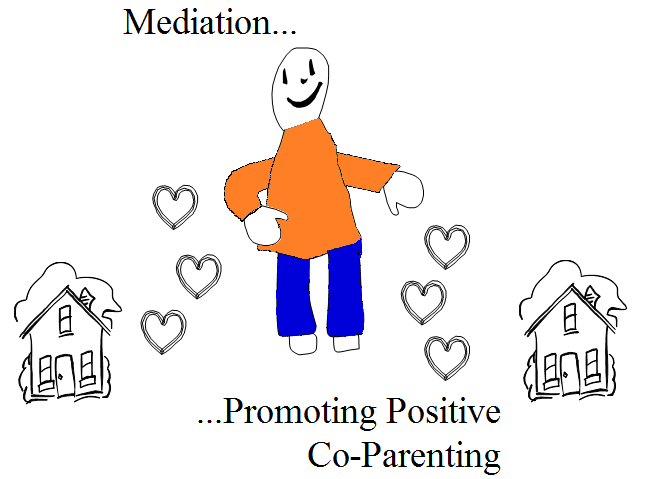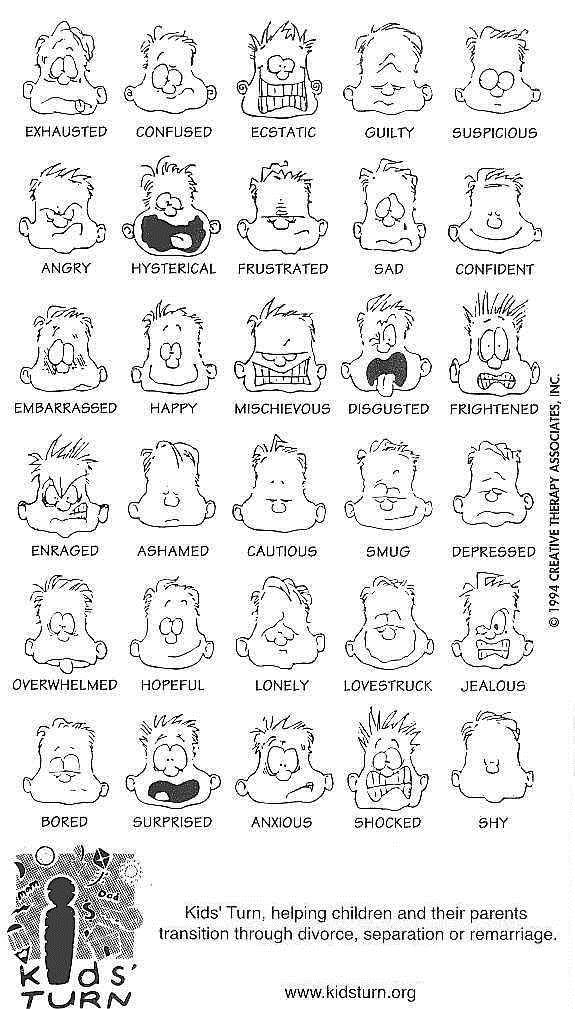Researched Age-Appropriate Considerations

Children of this age group need to develop trust through close attachments. Therefore, they need very frequent, even if brief, contact with BOTH parents and their siblings. Children at this age are extremely sensitive to their parents’ emotional states so their adjustment is strongly related to parental adjustment. Children may show irritability, fussiness and serious separation anxiety.

Early Adolescence
(Ages 12 to 15)
 Children in this age group exhibit intense anger, taking-sides, and judgmental attitudes. Participation in a battle between parents is common, especially over financial matters or new partners. Severe depression is possible, even suicidal thinking. They have a tendency to take on a parental or spousal role; may withdraw from friends or family; have anxiety about future relationships. Possible premature sexual relationships, pregnancy.
Children in this age group exhibit intense anger, taking-sides, and judgmental attitudes. Participation in a battle between parents is common, especially over financial matters or new partners. Severe depression is possible, even suicidal thinking. They have a tendency to take on a parental or spousal role; may withdraw from friends or family; have anxiety about future relationships. Possible premature sexual relationships, pregnancy.
Both parents can increase contact through regular attendance at the child’s athletic events, academic settings, or other activities. This allows for maximum parental involvement in activities important in the child’s life. Parents should remain flexible while maintaining age-appropriate controls.
Late Adolescence
(Ages 16 to 18)

Increased schoolwork, extracurricular activities, jobs, peer relationships, and sports are often more important than time with either parent. For these late adolescents, communication between parents remains essential, especially regarding curfews, driving, dating and overnights away from both homes.
Maintaining stability and consistency can be challenging as an adolescent’s feelings are often changeable and intense.
Parents should be aware of a teenager’s need to be consulted, informed and involved when making plans.
What is your kid thinking?


